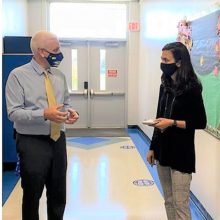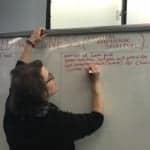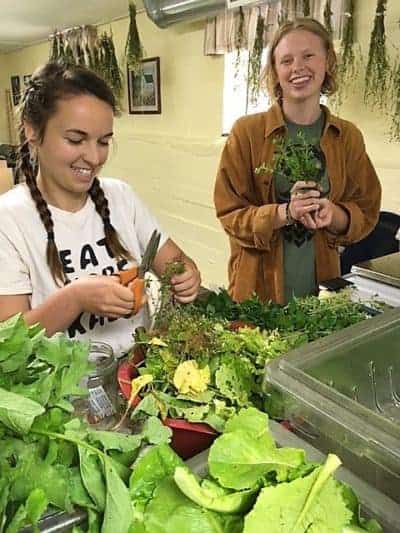Five years ago, the leadership of Jackie Whitefield’s church in Concord closed a 40-year-old preschool. In September, she recalled, the hallways were eerily silent.
Then, her minister went to a conference where participants were asked: “What do you have to offer, and what do you need?”
He said, “I have space,” and Cabarrus County Schools said, “we have children.”
“We realized, how in the world can we sit here with an empty building, when there are children on a long wait list that need to go to school?” Whitefield said.
Now, All Saints’ Episcopal Church runs a preschool program for 36 children and provides food, books and literacy counselors to their students.
Whitefield’s testimony was one of many inspiring testimonies shared on Tuesday afternoon as the Institute for Emerging Issues Kidonomics event came to a close with a luncheon for faith leaders. The event convened ministers, lay people and nonprofit partners from across the state to open a dialogue and dream big about the role of faith communities in early childhood education.
Kylie Foley, the Rural Faith Communities fellow for the Institute for Emerging Issues, hoped the session reminded rural faith leaders that they have a place at the table and play an essential part in government, business, education and the nonprofit sector.
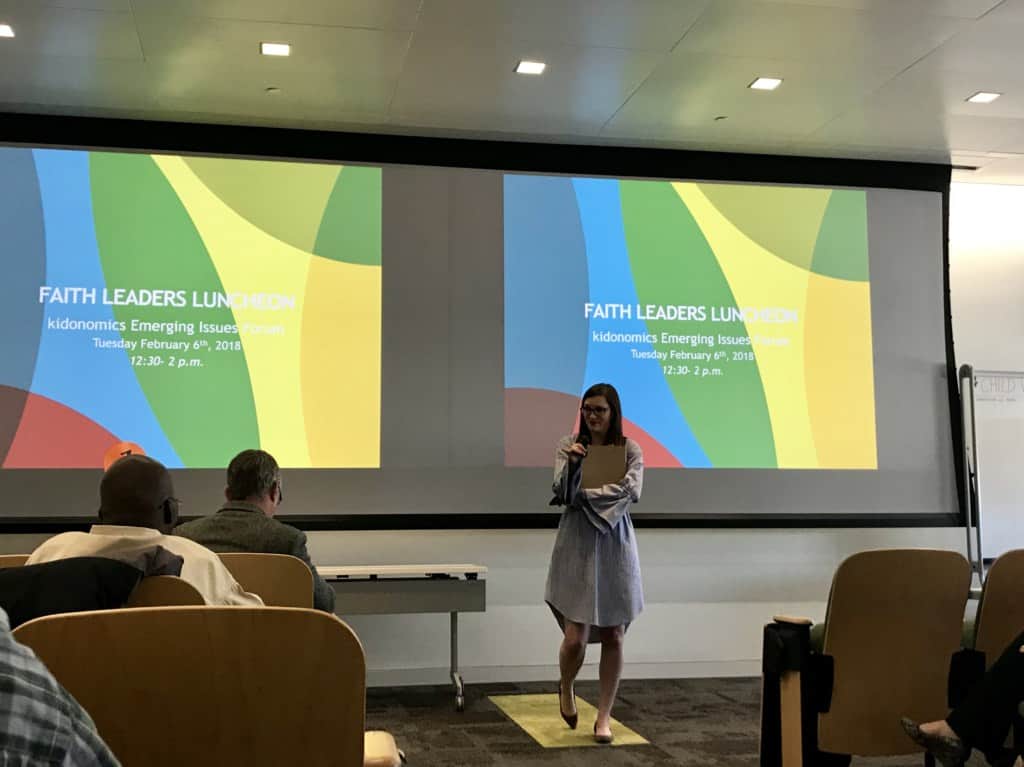

“The will is already there. The framework is already there. But how do we make these ministries more evidence-based, because that shows results, and results show that we are caring more deeply? How do we make these ministries more relational, so they are doing more for their community than just transactional giveaways?” said Foley.
Throughout the session, various faith leaders shared their personal success stories of partnerships between faith communities and public education. Then, in small groups, faith leaders, lay people and nonprofit partners discussed follow-up questions such as: “What is the role of faith communities in early childhood education?”
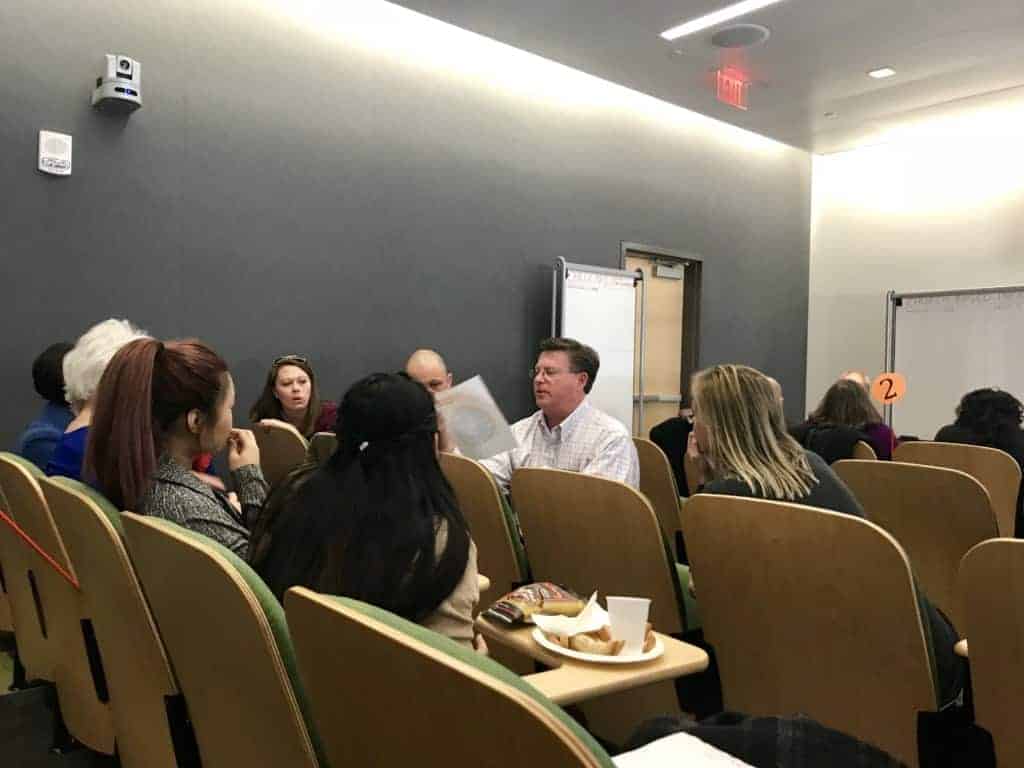

“I believe the faith community has a strong ability to pull people together if we all treat each other with respect, regardless of denomination,” said Shakera Graham Teach, founder of Now Generation, Inc.
During a final activity to discover gaps and identify resources that can fill those gaps, participants were encouraged to visit whiteboards scattered around the room that each represented a key topic area, including school partnerships, child wellness, church-based programming, and childcare. Each board was divided into two sections: “resources I need” and “advice I can give.”
This dialogue will continue during IEI’s Rural Faith Communities as Anchor Institutions Conference on April 18-19 in Asheboro. Foley hopes this conference will allow the faith community to see the ways they fit in the larger statewide economic discussion.
“Who in this room do you need to talk to about doing an early childhood summer program in your area? Or doing a nutrition program that focuses more on healthy food? Or working with your local school partnership that you’re not doing now?” said Foley. “We will be focusing in on the fact that we have the experts in our network.”

